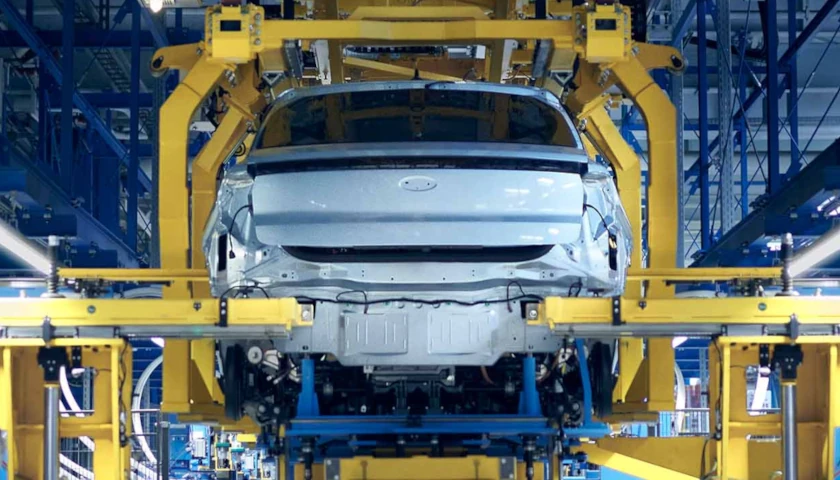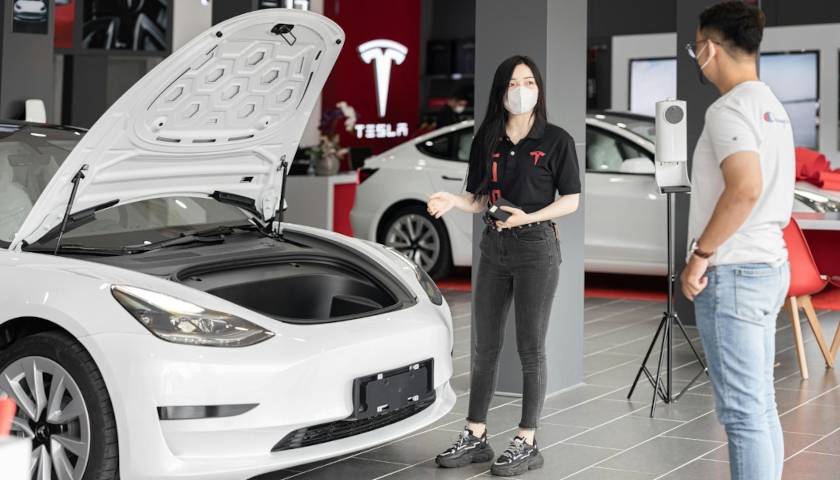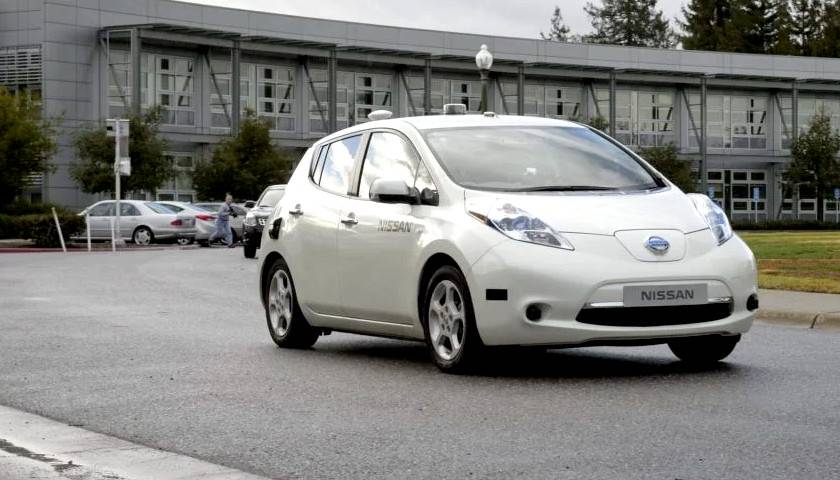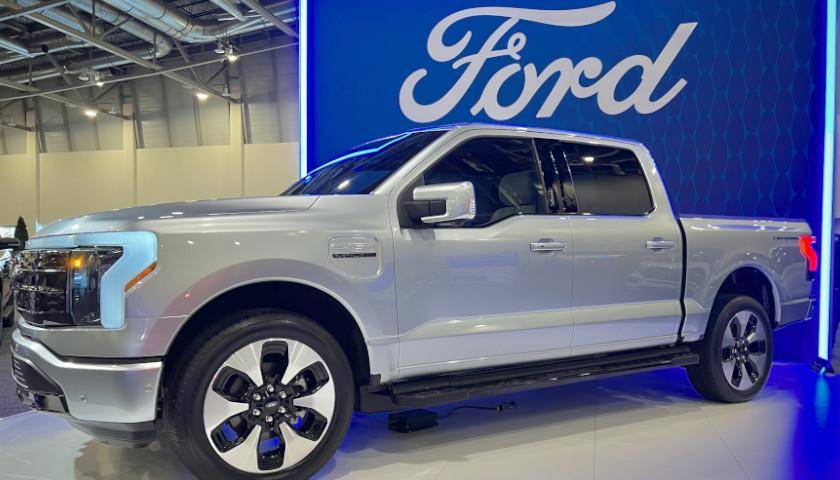Ford is reversing course on plans to manufacture electric vehicles (EVs) at a major plant and instead will produce gas-powered, heavy-duty pickup trucks at the facility, Reuters reported Thursday.
The company initially planned to build three-row electric SUVs at its facility in Oakville, Canada, between 2025 and 2027, but the plant will now add capacity to produce 100,000 F-Series Super Duty trucks at the plant, according to Reuters. Ford said that it is still committed to producing those EVs on that timeline, though it is unclear which of its plants will handle that production.
Read More






